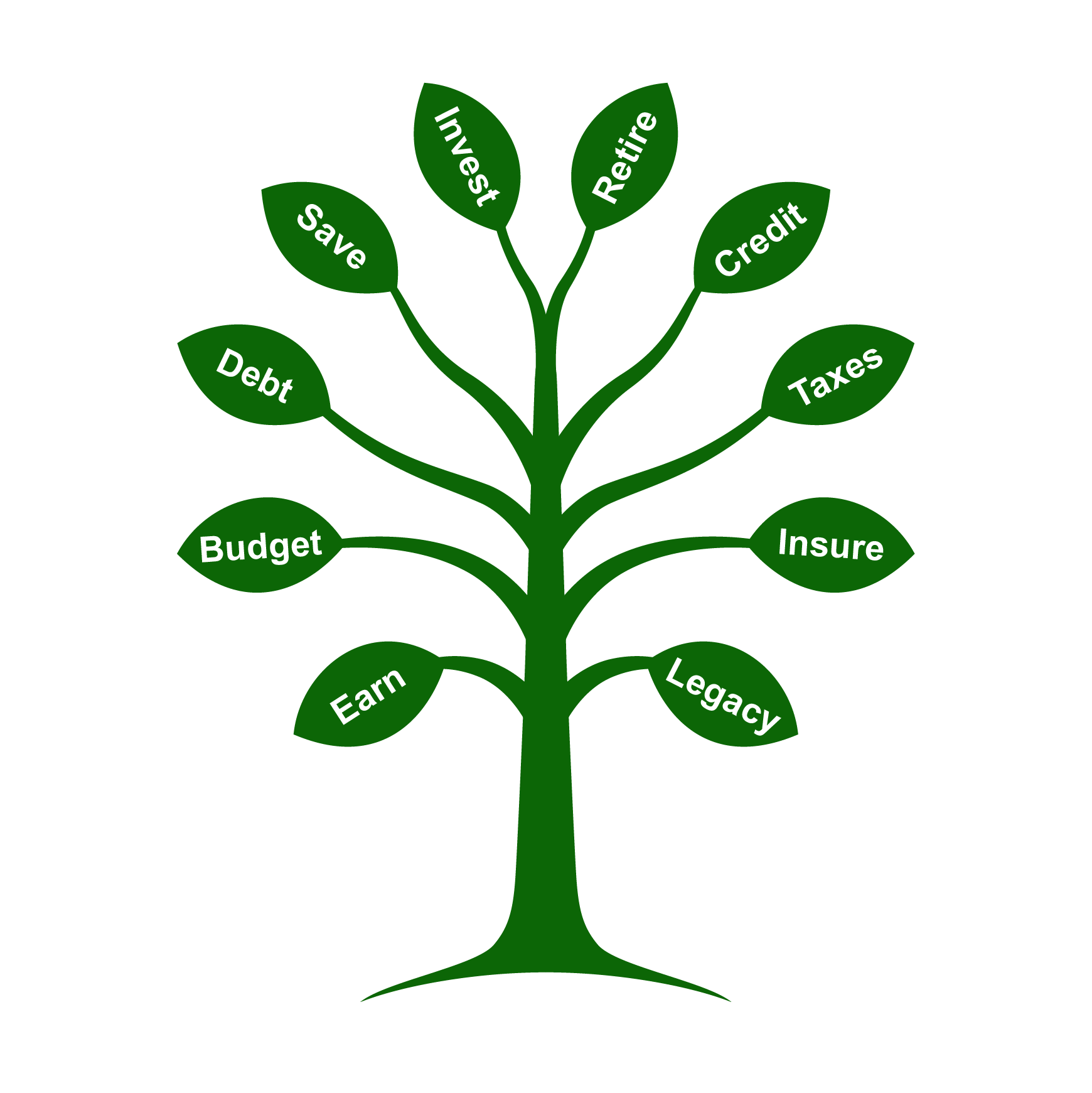Money Lessons We Could Learn From Our Elders

In today’s fast-paced digital world, where cashless transactions and instant gratification dominate, we could learn a thing or two from generations past. Our grandparents and great-grandparents navigated financial landscapes vastly different from our own, yet their money management techniques still hold timeless lessons.
Cash was king. Cash transactions were the norm in the “old days.” Unlike today’s reliance on credit cards and mobile wallets, our grandparents and great-grandparents usually carried physical cash for transactions. This practice instilled a tangible connection to money, fostering mindful spending.
Buying on credit was rare. Instead of succumbing to the allure of easy credit, they saved up in advance for purchases. By delaying gratification, they avoided the pitfalls of excessive debt, which helped ensuring greater long-term financial stability. They used layaway plans for larger purchased, which allowed them to pay for items gradually — in stark contrast to the today’s popular “buy now pay later” loans ,which can carry hefty penalties for late payments.
Trading was typical. Bartering for goods was a common practice in earlier times, reflecting a spirit of resourcefulness and community cooperation. Unlike today’s monetary transactions, bartering encouraged creativity and mutual benefit, reinforcing the value of community connections while getting basic needs met.
Pennies were saved. Thriftiness was ingrained in the mindset of our great-grandparents, shaped by experiences of economic hardships like the Great Depression. Their frugality and resourcefulness enabled them to make the most of limited resources, fostering resilience in the face of financial adversity.
Things were repaired, not replaced. They fixed torn clothing, furniture, appliances, and other items instead of discarding them and buying new. This fostered self-reliance, saved money and created less waste. In today’s world of planned obsolescence, this ethos from bygone days offers a valuable lesson in sustainability and resourcefulness, reminding us to value and extend the lifespan of our possessions for a more secure and sustainable future.
Modern money management practices offer many advantages like ready access to financial information and sophisticated budgeting and investing tools — things our grandparents never had. Nonetheless, there’s a lot of wisdom to be found in the way they handled money. That’s because the fundamental principles of prudence, frugality, practicality, and long-term thinking are still prudent principles to live by. By embracing these enduring money lessons, we can better navigate the complexities of today’s financial landscape with greater confidence and resilience, ensuring a more secure future for ourselves — and generations to come.


